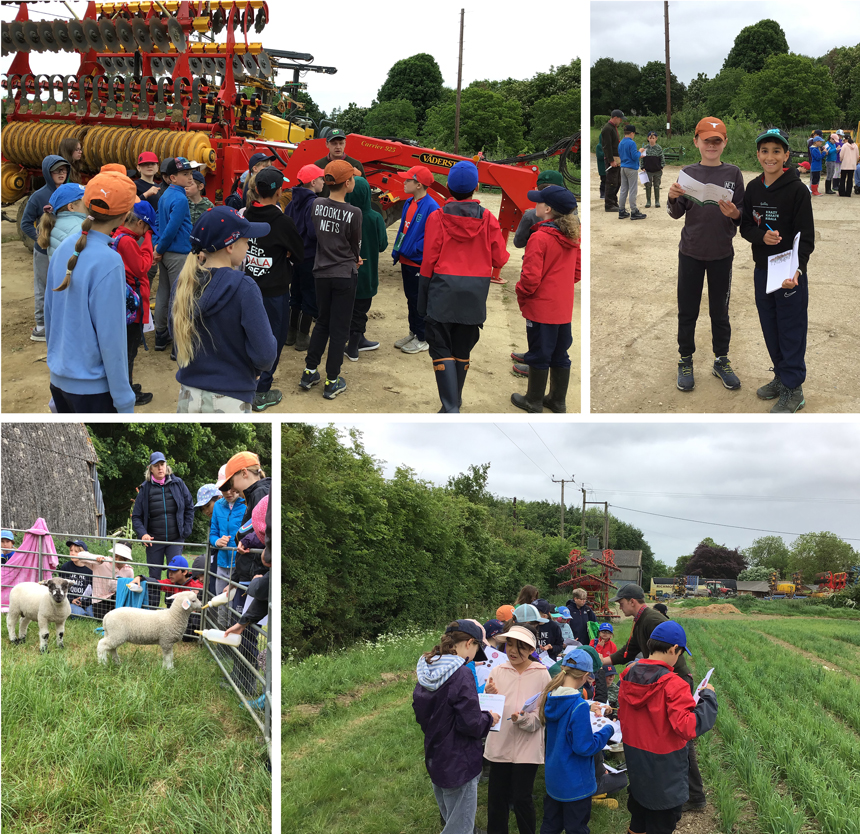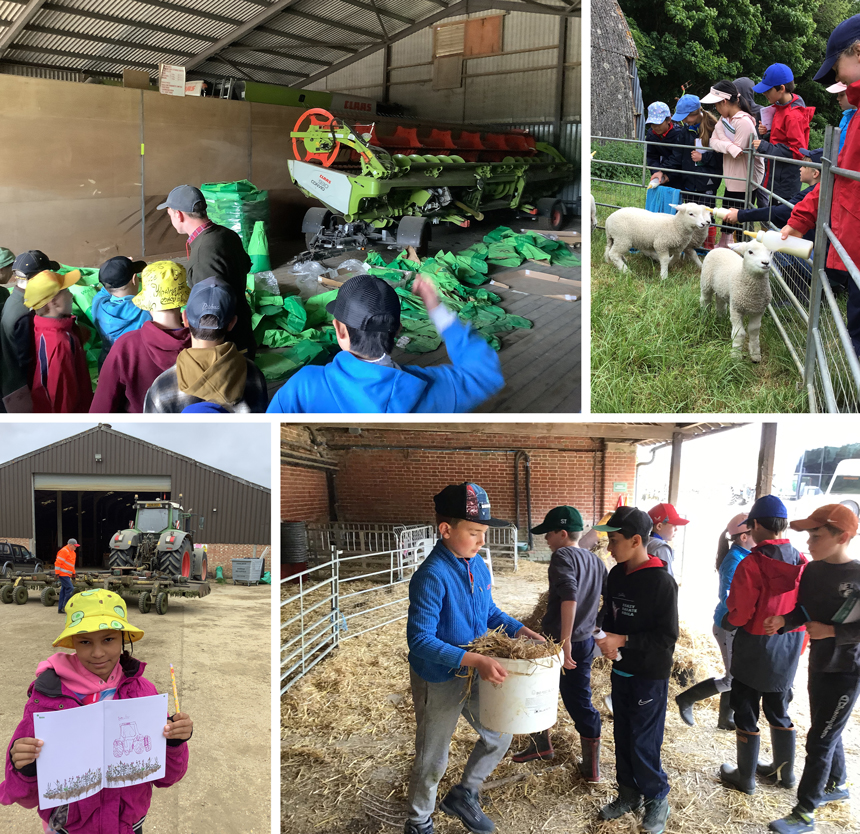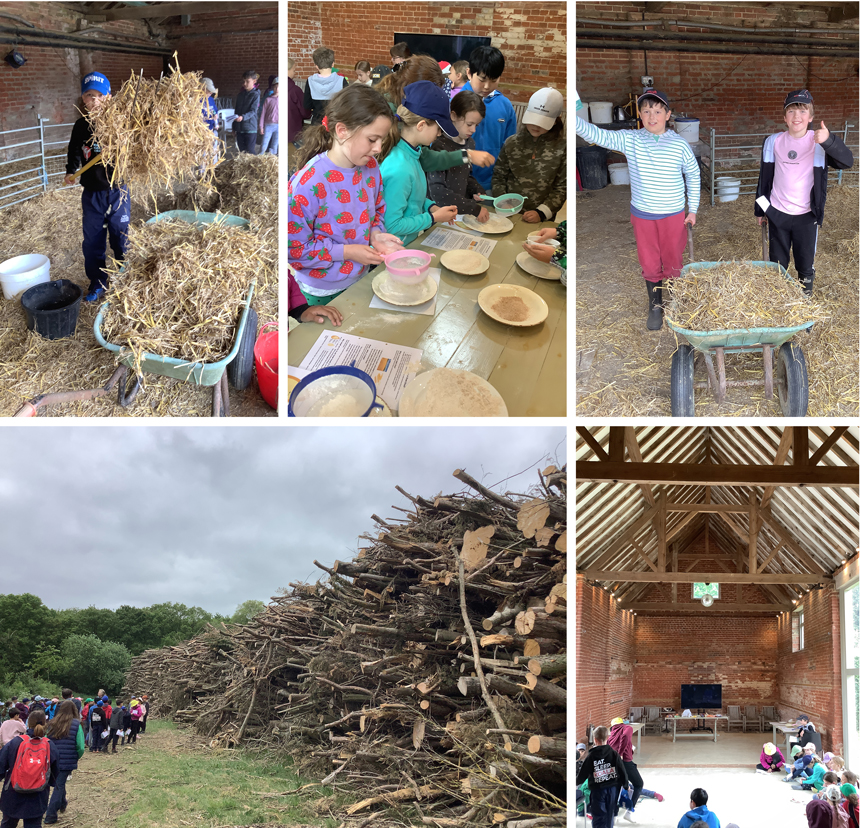Form 3 recently enjoyed an immersive visit to Shimpling Park Farm in Suffolk, gaining first-hand experience of organic farming and the importance of sustainability. The trip provided a rich educational opportunity, reinforcing elements of their curriculum across maths, science, and PHSEE while linking food production to real-world farming practices.
I learnt how to make bread and how simple it really is. I didn't realise how difficult it must be to be an organic farm and how everything they used was natural products.

During their time on the farm, pupils delved into the business of organic agriculture, using wheat as a case study to explore farming cycles. They examined seeds, discussed the impact of mechanisation on mixed farming, and considered seasonal planning—organising themselves by birthday months to visualise how different times of the year affect farm operations.
My favourite part of the trip was feeding the lambs, they were so cute and fluffy! One was called Fatty Bom Batty. The farm is not using any chemicals so it is much harder to grow them. This means it is better for us.
One of the highlights of the visit was a tour of the working farm, where pupils explored the grain store and machinery, learning about the precautions needed when handling farming equipment. They also discovered the role of crop rotation and the importance of sheep during fallow periods, gaining insight into the lambing process by feeding orphaned lambs and preparing their bedding.

Beyond farming techniques, the visit emphasized sustainability. Pupils saw how the farm repurposes coppiced trees into wood chips to fuel its furnace, showcasing an innovative approach to reducing environmental impact.
Shimpling Park Farm, known for its commitment to education, has been shortlisted for a Bayer award and is accredited by the Countryside Educational Visits Accreditation Scheme (CEVAS), reinforcing its dedication to hands-on learning experiences.

The visit offered a valuable connection between classroom studies and real-world applications, leaving the children with a deeper appreciation of organic farming and its role in environmental stewardship.
They were using wood chips for their electricity! The Farm is also regenerating the soilsnot depleting them.